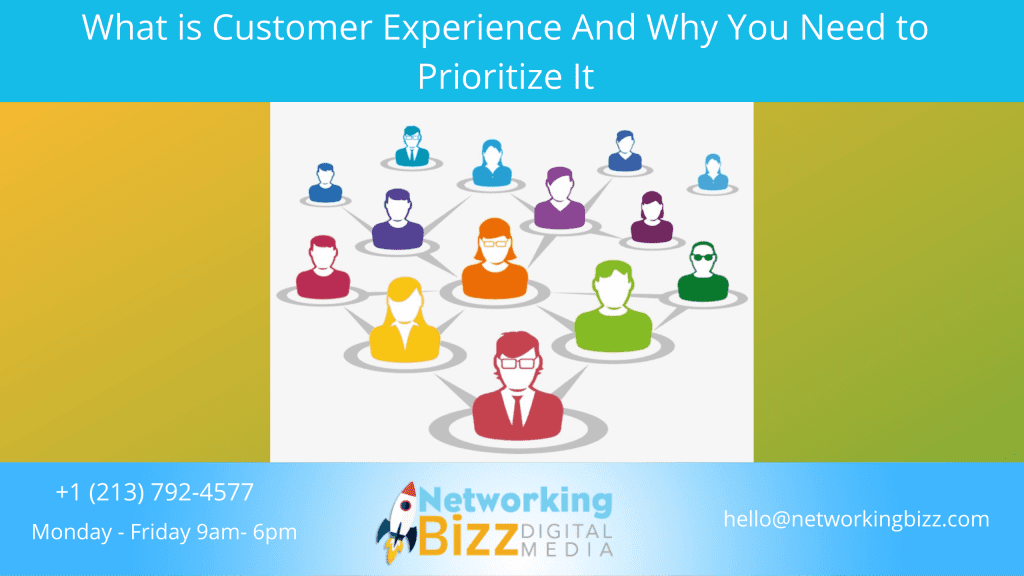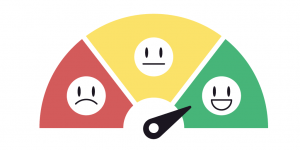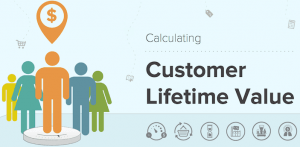
Customer experience is the reputation you have with your customers.
It can be great, okay, or downright bad—and each experience will impact your business in some way. Great customer experiences give you the hockey stick growth that you dream about. Okay, customer experiences make it hard, but not impossible to get customers to buy more products. But bad customer experiences can pull your business down like a sinking ship in the ocean.
Every business knows that customer experience is crucial to their success, but few know how to actually make the customer experience a part of their foundation.
In comparison, it’s easy to put together a marketing strategy because it’s way more straightforward… write good copy and show it to the right people. Customer experiences are a lot less tangible—is a great customer experience defined by free products and services, great content, one-on-one coaching, the list goes on forever…
Let’s break down what different customer experiences look like.
What is Customer Experience?
 Customer experience, in its simplest definition, is the experience your customers have with your brand. It’s the email funnel that leads them to the sale and then keeps delivering more information to them once they’ve bought the product.
Customer experience, in its simplest definition, is the experience your customers have with your brand. It’s the email funnel that leads them to the sale and then keeps delivering more information to them once they’ve bought the product.
A customer buying an eCommerce product continues through the customer experience when they receive their transaction email, delivery status email, package delivered email, and the leave a review email.
These are the places where you can overdeliver and create a memorable customer experience, the kind of experience that builds a tighter bond between your brand and your customer.
Here’s the thing—your marketing strategy doesn’t stop as soon as someone unboxes your product or signs up to work with your company. If anything, it should ramp up.
Think of all the work you put in to move these people through the Customer Value Journey, from cold leads to piping hot leads to landing the sale. Instead of focusing on the next round of people who might buy from you, put some of that focus on the ones who already have.
Then, take a look at the difference in your business.
Why You Need to Prioritize It
 It’s obvious that you want to prioritize customer experience if you have competition—whoever delivers the better experience is going to win the customer and their return. This is an easy perspective to view your business world through.
It’s obvious that you want to prioritize customer experience if you have competition—whoever delivers the better experience is going to win the customer and their return. This is an easy perspective to view your business world through.
Another easy perspective is realizing that Google is now prioritizing customer experience in its search ranking. SEOs around the world are figuring out how to create the *chef’s kiss* customer experience that makes their content better than the others ranking for the same keywords.
What’s not obvious is that customer experience can save you money. It’s tempting to bring in new customers, give them their product, and immediately look back toward your funnel to see how you can get more customers. But, what about the loyal customers who just bought from you—are you nurturing that relationship?
These are the people who put their hand up and said, “Yep, I love what you’re doing. Here, I’d like to give you my money in return for your product/service and I’m really excited about it.” Have you caught them in their state of excitement and over-delivered on an experience that makes them turn into raving fans of your brand?
If you haven’t done this yet, don’t worry. You have plenty of time (and options), but let’s get you started as soon as possible. Having a better customer experience is going to boost the value of your customers.
We call this Customer Lifetime Value (CLV) and you can work your business around this metric by seeing how much an average customer spends on your products/services. Your CLV can be calculated by taking the Average Order Value and multiplying it by the Average Purchase Frequency. This is your CLV.
 And here’s the thing about CLVs—they’re easier to double than conversion rates. You’re probably tempted to figure out how you can double your conversion rate on your next campaign, but this is hard. Like, really hard. Impossible, no. Hard, yes.
And here’s the thing about CLVs—they’re easier to double than conversion rates. You’re probably tempted to figure out how you can double your conversion rate on your next campaign, but this is hard. Like, really hard. Impossible, no. Hard, yes.
Do you know what’s so much easier? Doubling your average cart value (how much somebody spends in a single purchase). All you have to do is create bundles or introduce an ultra-high-ticket offer that’s 10x your current Average Order Value.
Your customer experience is the reputation you have with your customers. They’ll love your brand if you put time and attention into giving them the best possible experience they could have with you—but they’ll also notice if you don’t put that attention in.
Prioritize your customer experience to make your customers happy, Google happy, and your finances happy… because happy customers buy more products. It’s just a fact of business.
